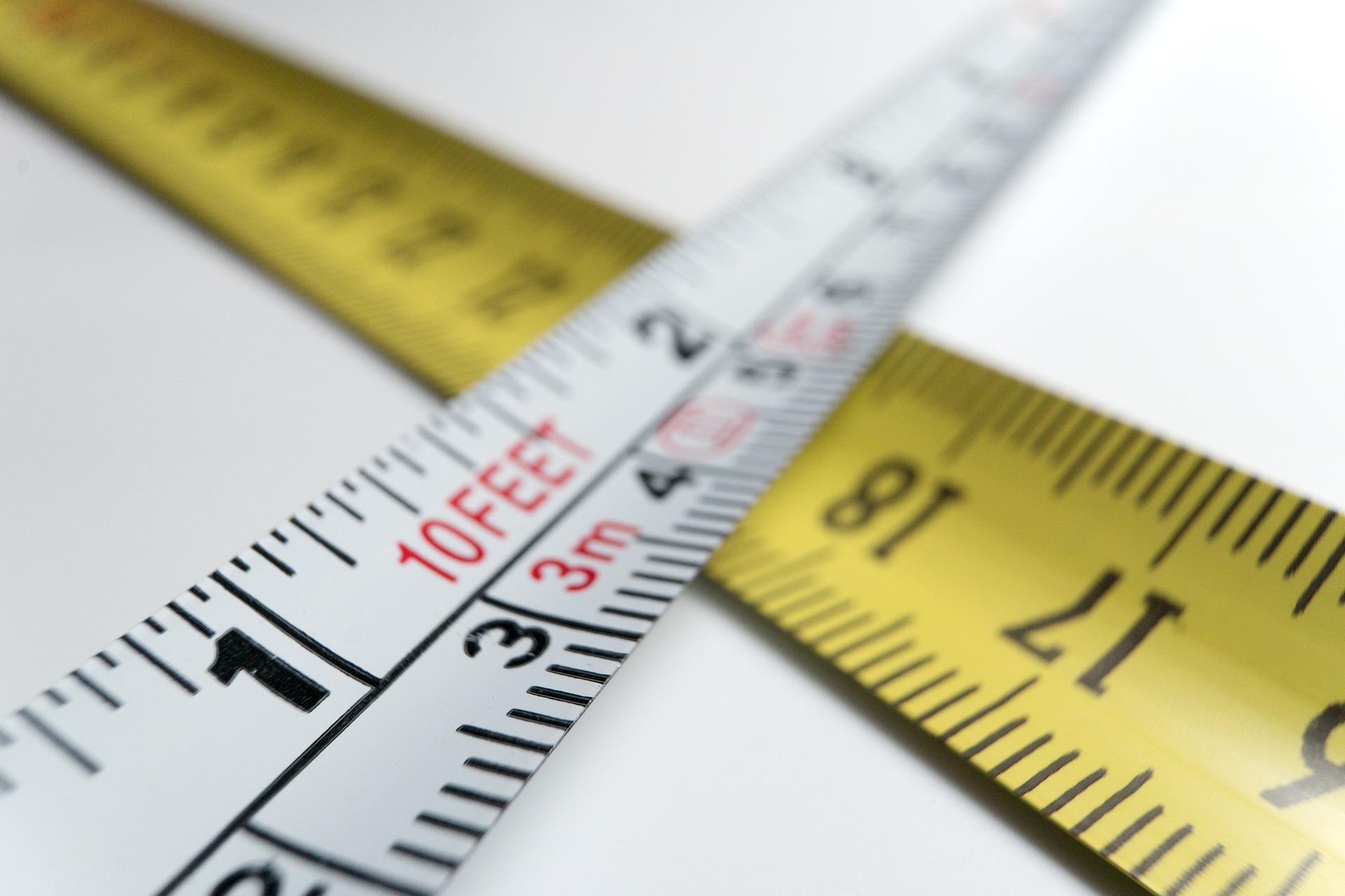
Accurate and honest metric weights and measurements
Posted at 09:00 on 21 August 2023
My height is 1 metre and 78 centimetres. I refuse point-blank to quote that in feet and inches.
My weight, as of 12:30 on Saturday 19 August, is 79.8 kilograms. One again, I don't care what that is in stones and pounds, so working it out is left as an exercise for the reader.
Over the past three months I have made it my goal to take a five kilometre walk every day that I can. Once again, converting that into miles is left as an exercise for the reader.
Those who have engaged in discussions with me in (sometimes lively) debates about science and faith will be aware that one particular passage from the Bible that I am always quoting, over and over again, is Deuteronomy 25:13-16, which says this:
13Do not have two differing weights in your bag — one heavy, one light. 14Do not have two differing measures in your house — one large, one small. 15You must have accurate and honest weights and measures, so that you may live long in the land the Lord your God is giving you. 16For the Lord your God detests anyone who does these things, anyone who deals dishonestly.
It should come as no surprise, therefore, to learn that I am an ardent proponent of metrication, frustrated at the lack of progress that the UK has made in this area since the initial push in the 1960s and 1970s, and totally opposed to any attempt to head in the opposite direction.
This one should be a no-brainer. With the exception of the UK, the USA, Myanmar and Liberia, almost every other nation on Earth uses metric units exclusively. It's not hard to see why either. Metric units of measurement make sense. Different measurements of the same units are related to each other by multiples of ten, with a consistent set of prefixes denoting their relationships. So getting from metres to kilometres, grams to kilograms, bytes to kilobytes and so on, you just notice the word "kilo" at the start and multiply by one thousand.
On top of that, metric units, or SI units, are the foundation for measurement in science, engineering, commerce, finance, law, education and just about every other context where measurement is used. They are based on well defined, easily measurable, high-precision quantities. They are consistent, unambiguous, precise, easy to understand, easy to work with, internationally recognised, and exactly the same everywhere you go. They are the lingua franca of accurate and honest weights and measurements worldwide.
Imperial measurements, by contrast, are a mess. There are sixteen ounces in a pound and fourteen pounds in a stone---or is it the other way around? Up until the nineteenth century, the number of pounds in a stone varied depending on where you were and on what was being measured. There are eight furlongs in a mile, ten chains in a furlong, 22 yards in a chain, three feet in a yard, twelve inches in a foot ... how on earth are you supposed to remember all the details? British and American gallons are different. British and American tons are different. I have no idea how much a fluid ounce is supposed to be. Repeat after me: an acre is the area of a rectangle whose length is one furlong and whose width is one tenth. None of it offers you a shred of sense or coherence whatsoever.
Someone asked me the other day on Facebook, in response to my quoting of Deuteronomy 25 yet again, whether I thought that having a mixture of imperial and metric measurements was unbiblical. I replied that it quite possibly could be. Having two different systems of measurement makes it a whole lot harder for consumers to compare like for like when trying to figure out how much something costs. Supermarkets being supermarkets, they will take every opportunity they legally can to pull off shenanigans like that. This was a concern back in the 1970s when the push for metrication was in full swing, and it would be a concern if we were to try to turn the clock back to imperial ones again.
Unfortunately, there are certain politicians here in the UK who, in the wake of Brexit, want to do precisely that. One of the most prominent of these is, of course, the Right Honourable Member for the eighteenth century, Sir Jacob Rees Mogg, who instructs his staff, in no uncertain terms, that imperial measurements they must use. The only reason why anyone would want to do things such as this is some sort of misguided rose-tinted nostalgia for the good old days of the 1940s and 1950s or earlier. Why don't we just bring back post-war rationing, outside loos, black and white TV, and horses and carriages while we're at it?